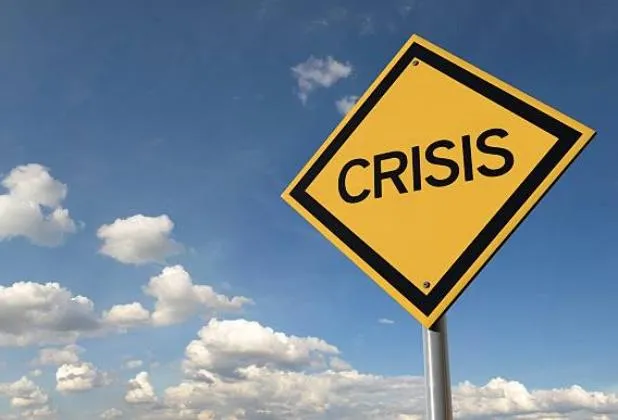
Myth: Crises Are Inevitable — You Can’t Stop Them
Myth: Crises Are Inevitable — You Can’t Stop Them
The Truth: Smart organizations prevent most crises before they start.
Every seasoned communicator knows the headlines: “Company Blindsided by Scandal” or “CEO Under Fire After Controversial Comment.” The popular myth is that crises are like natural disasters — unavoidable and random. The reality? Most corporate crises are preventable.
Companies that embrace proactive issues management and spokesperson media training significantly lower their risk of public crises — and when issues do surface, they respond faster, smarter, and with less reputational damage.
Prevention > Reaction: Leading Practices to Minimize Crises
Building a resilient corporate reputation requires more than a crisis plan gathering dust on a shelf. It demands an active, ongoing process to spot risks early and prepare leaders to respond credibly. Here’s how leading organizations do it:
•Establish an Issues Management Team: A cross-functional group (communications, legal, operations, HR) that regularly identifies, monitors, and assesses potential risks.
•Create an Early Warning System: Use media monitoring, customer feedback, employee insights, and regulatory updates to detect small issues before they escalate.
•Prioritize Issues Based on Risk: Not every issue is a crisis. Apply a risk matrix to focus on those with the potential for serious reputational, operational, or financial impact.
•Develop Key Messages and Holding Statements in Advance: Draft and vet responses for likely scenarios. Preparedness buys valuable time during high-pressure moments.
•Build Trusted Relationships with Media: A crisis is the wrong time to introduce yourself to journalists. Proactive engagement fosters goodwill and balanced coverage later.
•Train Executives and Spokespeople Regularly:
Media interviews under pressure are a learned skill. Leaders must be confident, clear, and credible when it matters most. Regular media training ensures they don’t freeze, fumble, or inflame an issue.
•Run Crisis Simulations: Practice realistic scenarios. Simulations expose gaps and sharpen team response under stress — no PowerPoint deck can replace it.
•Integrate Issues Management into Corporate Strategy: Risk prevention isn’t just a communications function. It must be embedded across leadership conversations, governance, and business planning.
Why Media Training Matters — Even Before Trouble Hits
It’s not just about surviving a TV ambush.
Effective media training empowers spokespeople and executives to:
•Spot red flags early during interviews or public engagements
•Frame issues in ways that reinforce trust, not erode it
•Stay calm under fire, even when unexpected questions arise
•Deliver consistency across internal and external audiences
In short, trained leaders don’t just defend the brand — they actively protect and elevate it.
⸻
Your Takeaway:
Crises aren’t mysterious acts of fate. They’re often the end result of issues that were mismanaged, ignored, or underestimated.
By investing in issues management and equipping your leaders with strong media skills, you can stop most crises before they start.
